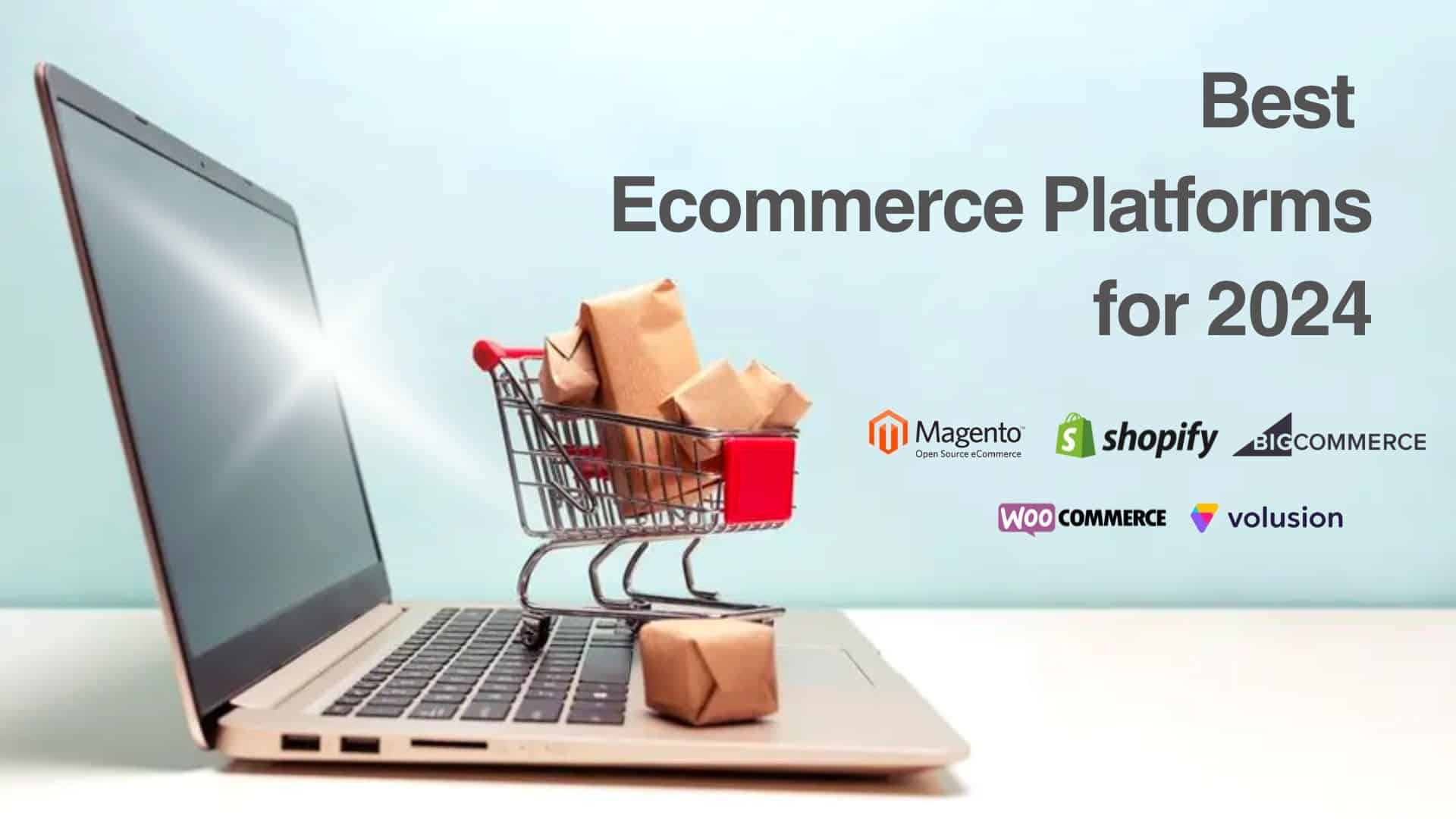The e-commerce landscape has changed rapidly in recent years with new platforms and technologies emerging. As we enter 2024, it’s an ideal time to evaluate which channels are positioned for continued success and growth over the next few years. Here are the best ecommerce platforms to consider and why they may be the best fit for your business goals.
1. Shopify
Let’s kick things off with Shopify, a leading ecommerce platform that has captured the hearts of merchants worldwide. Known for its user-friendly interface and extensive range of features, Shopify empowers businesses of all sizes to create and manage their online stores with ease. With its robust infrastructure and secure payment gateways, Shopify ensures a seamless shopping experience for both merchants and customers. Plus, Shopify offers a wide range of customizable themes and apps, allowing you to tailor your online store to your specific brand identity.
2. WooCommerce
If you’re a fan of WordPress and looking for a flexible and customizable ecommerce platform, then WooCommerce is your go-to choice. As a plugin for WordPress, WooCommerce seamlessly integrates with the world’s most popular content management system. This platform offers a wide range of themes and extensions, giving you the freedom to create a unique and personalized online store. With its extensive community support and developer-friendly environment, WooCommerce provides endless possibilities for businesses to scale and grow.
We made amazing wordpress stores in past 2 years and they are very successful. Learn more
3. BigCommerce
Are you dreaming of expanding your online presence and reaching new heights? Look no further than BigCommerce, a powerful ecommerce platform designed for businesses of all sizes. With its robust features and scalability, BigCommerce is an ideal choice for growth-oriented ventures. This platform offers a wide range of built-in marketing tools, including SEO optimization, email marketing, and social media integration. Furthermore, BigCommerce provides a seamless checkout experience, ensuring higher conversion rates and customer satisfaction.
4. Magento
If you’re running a larger enterprise and crave a highly customizable and feature-rich ecommerce platform, then Magento is the one for you. With its extensive range of functionalities, Magento allows businesses to create complex and sophisticated online stores. This platform offers advanced marketing and SEO capabilities, enabling businesses to drive traffic and increase sales. However, it’s worth noting that Magento requires technical expertise and a dedicated hosting environment, making it more suitable for businesses with larger budgets and resources.
5. Volusion
For small and medium-sized businesses seeking a user-friendly ecommerce platform, Volusion is here to save the day. With its intuitive interface and drag-and-drop functionality, Volusion makes it easy for entrepreneurs to set up and manage their online stores. This platform offers a wide range of customizable templates and built-in marketing tools, allowing you to create visually appealing stores and drive traffic. Additionally, Volusion provides excellent customer support, ensuring that you receive timely assistance whenever needed.
If you are looking to build an ecommerce store and need assistance, feel free to reach out to me.

